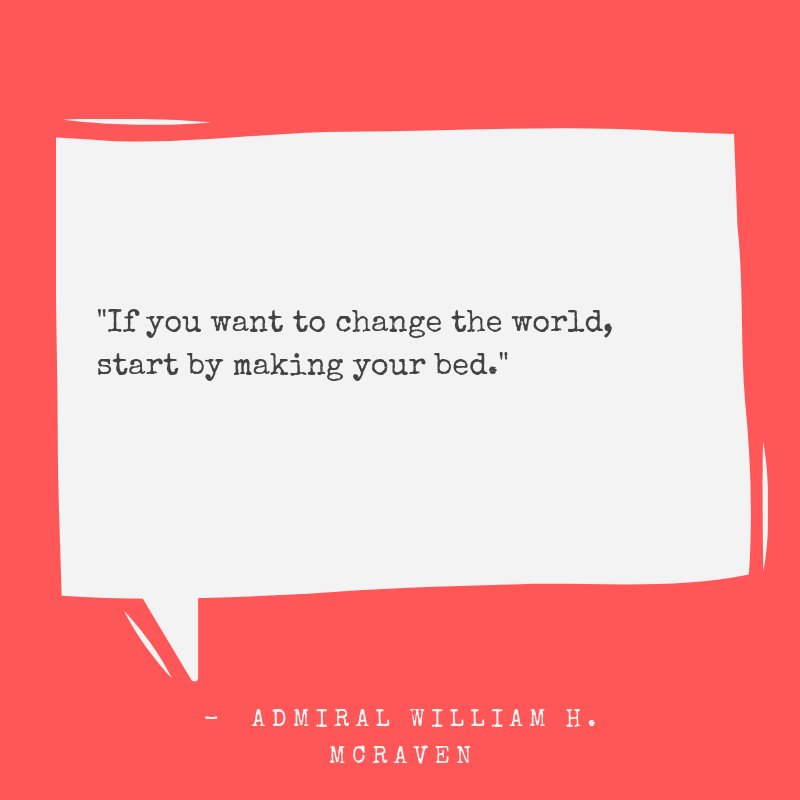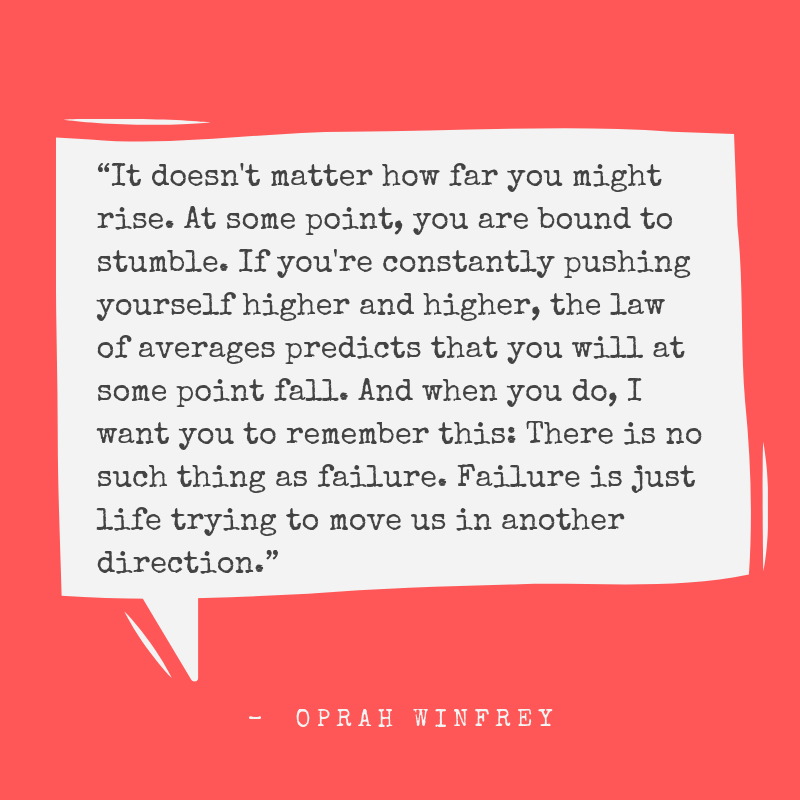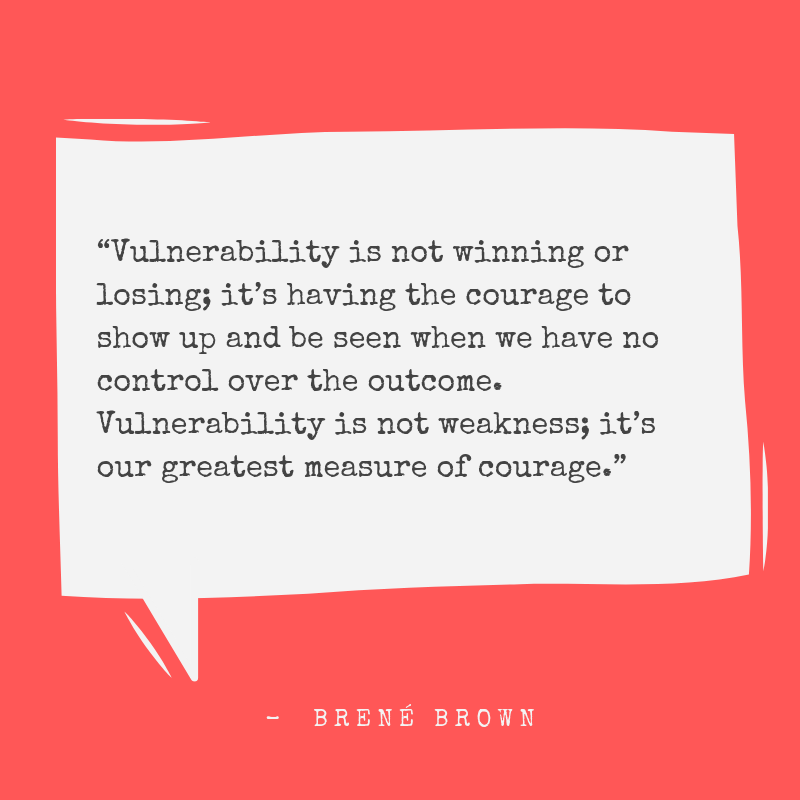Looking for a new job is the worst. For many people, even thinking about the grueling cycle of applying, interviewing, and facing rejection is enough to keep them in a job they don’t like. Then there are those times when you don’t have a choice, like when you’re let go and find yourself applying to any available job while wondering: “I’m a decent human being. Why won’t someone just hire me?!”
There’s nothing that will humble you quite like an email from a recruiter telling you that you’re just not what they’re looking for. It’s completely natural to feel helpless, anxious, and depressed while job searching. Research has shown that most people start to feel the full effects of their unemployment 10-12 weeks after losing their job. Likely because of this frustration, individuals in the 20-week study spent less time on their search by week 15 than they had at the beginning, but then these numbers began to climb between weeks 16-20. The good news? By week 20, 72% of the 177 job seekers in the study had found a job. Here’s what all of this means for you: persistence pays off.
You can’t control which job offers you get, but you can manage the amount of time you spend job-hunting and keep your mental health in check. The odds are in your favor that you’ll land a job eventually, but you’ll likely get one sooner if you’re able to keep yourself motivated throughout the process. Here are some ways you can redefine the way you look at your job search and stay positive, even in the midst of rejection:
1. Plan one action step at a time and stick to it.

His point being, even if that’s the only thing you accomplish that day, at least you’ll return to a bed that is made. The same advice can extend to your job search. You might start with getting out of bed and literally making your bed, but don’t let this idea stop there. Every day, plan one action step that you will accomplish that day towards your goal of landing a job and stick to it. Start small and work your way up. Haven’t looked at your resume recently? Make a plan to send it to a few people you trust for feedback. Find one networking event in your area and plan to attend. Sure, your long term goal is to get a job, but don’t get so bogged down by the long term that you fail to take the next step.
2. Redefine failure.

The narrative you tell yourself if crucial during those days, weeks, or even months of looking for a new job. You can either look at those rejections as missed opportunities or opportunities that were meant to be missed. Not every job is the right fit for you, so rather than taking it personally, remind yourself that you just haven’t found the right thing yet. If you’re looking for some inspiration in the valleys of your job search, Oprah’s career itself is a great case study on redefining failure.
3. Embrace Vulnerability.

The job search process forces you to be reflective about your previous experience—learning from your successes and failures—while also figuring out how to translate your entire, complicated work history to a recruiter who has never met you. It’s a vulnerable time, but you have the choice to embrace it, to let it become part of the process of refining who you are as both a professional and an individual. It’s also a time of accepting that, although there are outcomes you can’t change, you can change how you react to those outcomes. Joblessness is often associated with isolation, but in reality, it should be a time of connection. Let that vulnerability drive you to seek out new solutions—build new relationships, mention your job loss to someone in your field, or ask trusted family members and friends to support you. Most people have been there at least once before, so if you’re willing to be vulnerable, you might be surprised how many people are willing to help.
Don’t struggle alone. At Executive Drafts, we know the job search process in and out and want to help you find the resources you need to be successful in your job search. Whether you need help with communicating who you are on paper or in person, we have the experience and tools to help you along the way. Just needing some pointers? Submit your resume for a complimentary critique on our website. You’ve got this, and we can help!